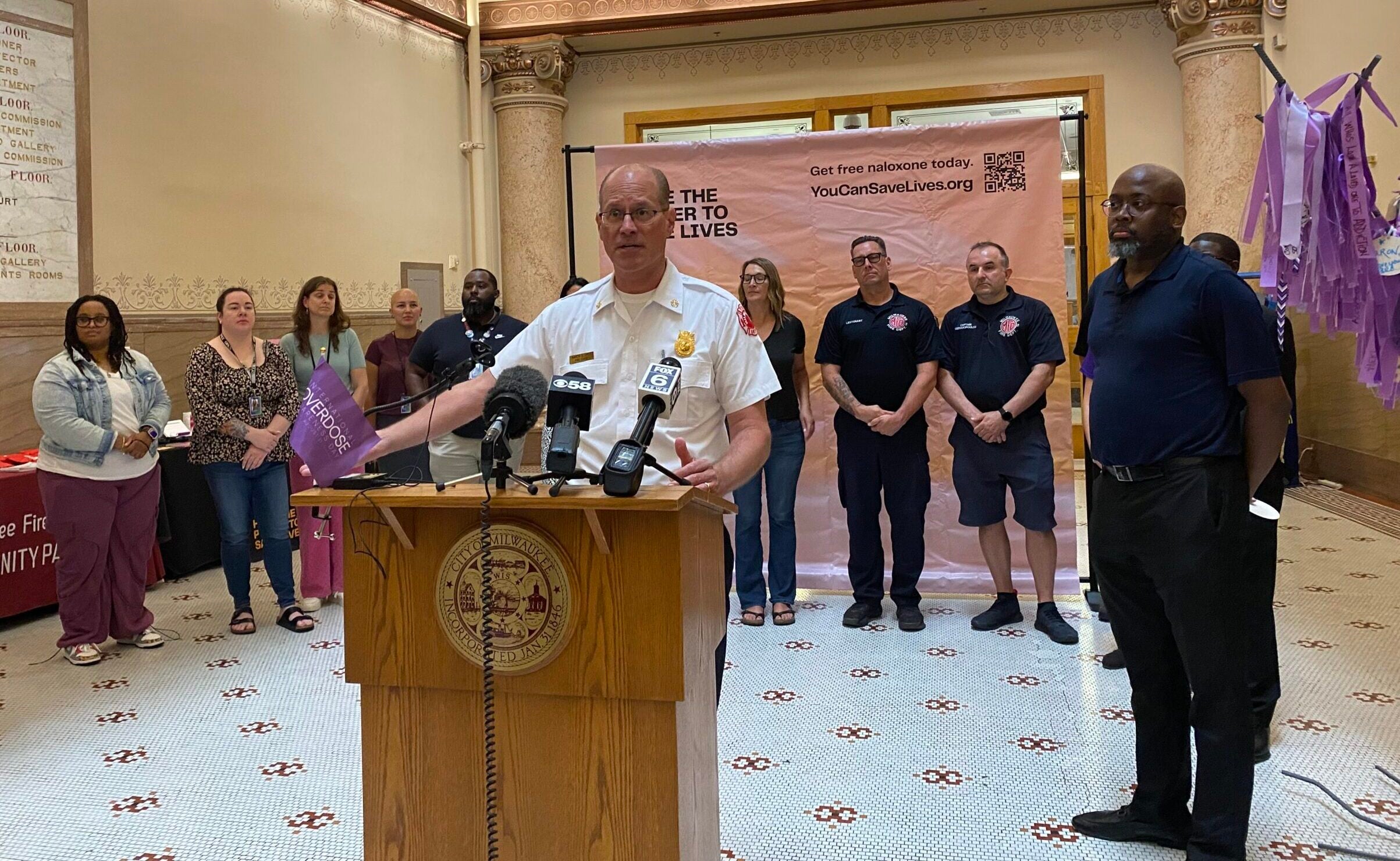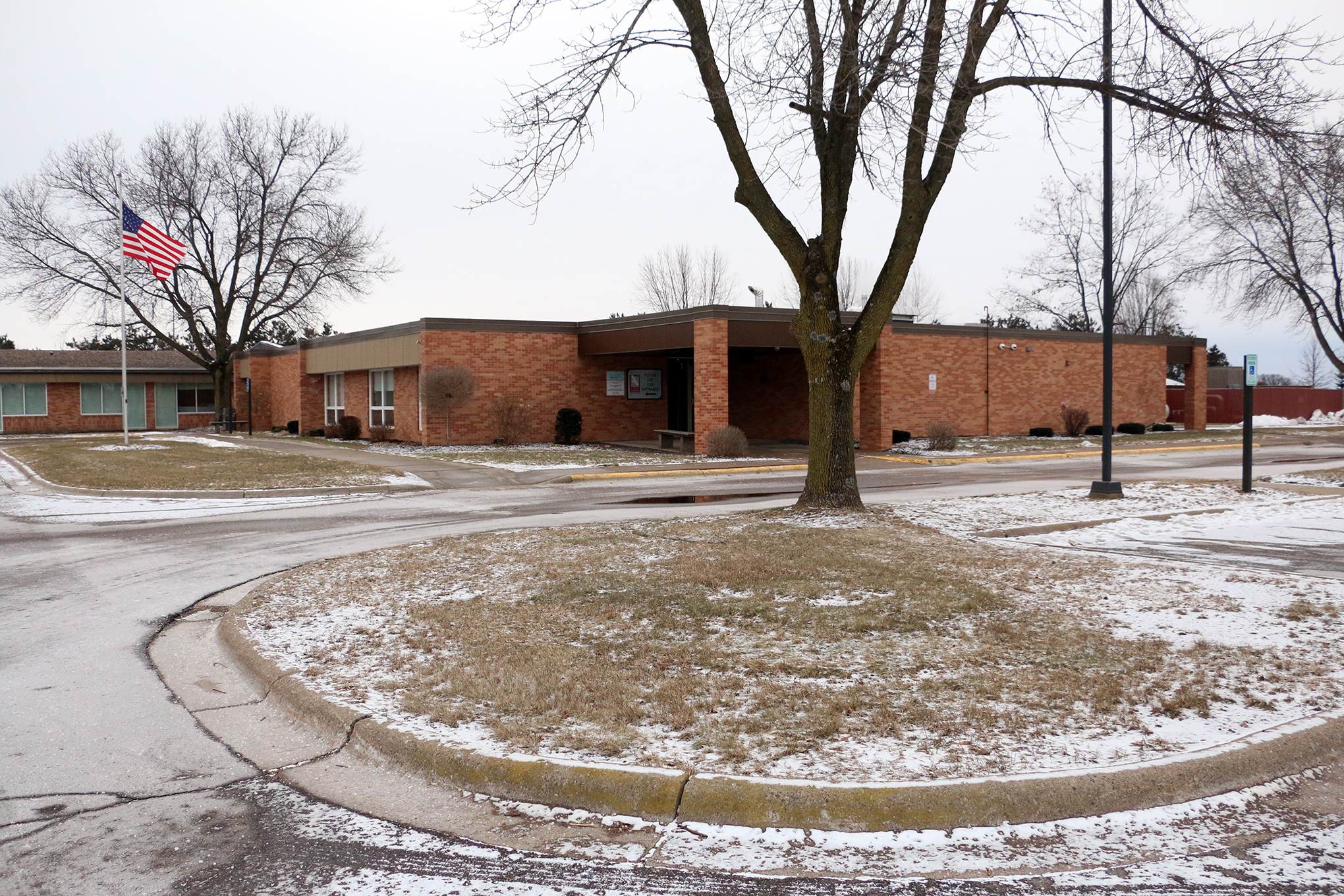A new report finds nearly half of Racine County’s substance abuse-related deaths involved alcohol. Health officials say they want to help residents better understand what substances are affecting the county and alcohol’s prominent role in substance abuse-related deaths.
The City of Racine’s Public Health Department looked at data from 2014 to 2017, breaking down drug-related deaths by specific drug or drug combination.
Although the combination of prescription drugs, heroin and other street drugs still play a larger role in substance abuse-related deaths, alcohol played a role in 49 percent of the county’s 86 substance abuse-related deaths in 2017.
News with a little more humanity
WPR’s “Wisconsin Today” newsletter keeps you connected to the state you love without feeling overwhelmed. No paywall. No agenda. No corporate filter.
Alcohol’s impact in these deaths may come as a surprise to community members given the media focus on the opioid crisis, says Dottie-Kay Bowersox, public health administrator for the City of Racine, as might the average age of people dying from substance abuse-related causes.
Bowersox says although it makes sense for alcohol-related deaths to affect an older demographic because of the long-term effects, the average age of death for all other drugs ranged from late 30s, early 40s.
“A lot of perceptions are that we’re talking about teenagers or we’re talking about individuals that are young which is not the case,” she explained. “If we take a look comprehensively for all the deaths in 2017, the average age of deaths was 49 years of age.”
Cody Pearce, the epidemiologist at the Racine Public Health Department who authored the report, said the study shows the role alcohol played in these deaths.
“It’s a bigger contributor than all of these other drugs that are focused on so highly maybe because they’re newer causes of death and alcohol is just an accepted part of the community but it’s still killing as many or more people,” Pearce said.
The report also found that fentanyl, a powerful synthetic opioid, is a growing problem for the county. There were 22 fentanyl-related deaths in 2017, a 1000 percent increase from 2014.
Bowersox said that going forward, conversations need to focus on mental health services for people going through any sort of addiction.
“You know we’ve got adverse childhood experiences, poverty, we’ve got economic disparities, social determinants of health. I mean you combine all of those with a lack of resources — there really is a minimal amount that individuals can engage with,” she said.
Wisconsin Public Radio, © Copyright 2026, Board of Regents of the University of Wisconsin System and Wisconsin Educational Communications Board.






